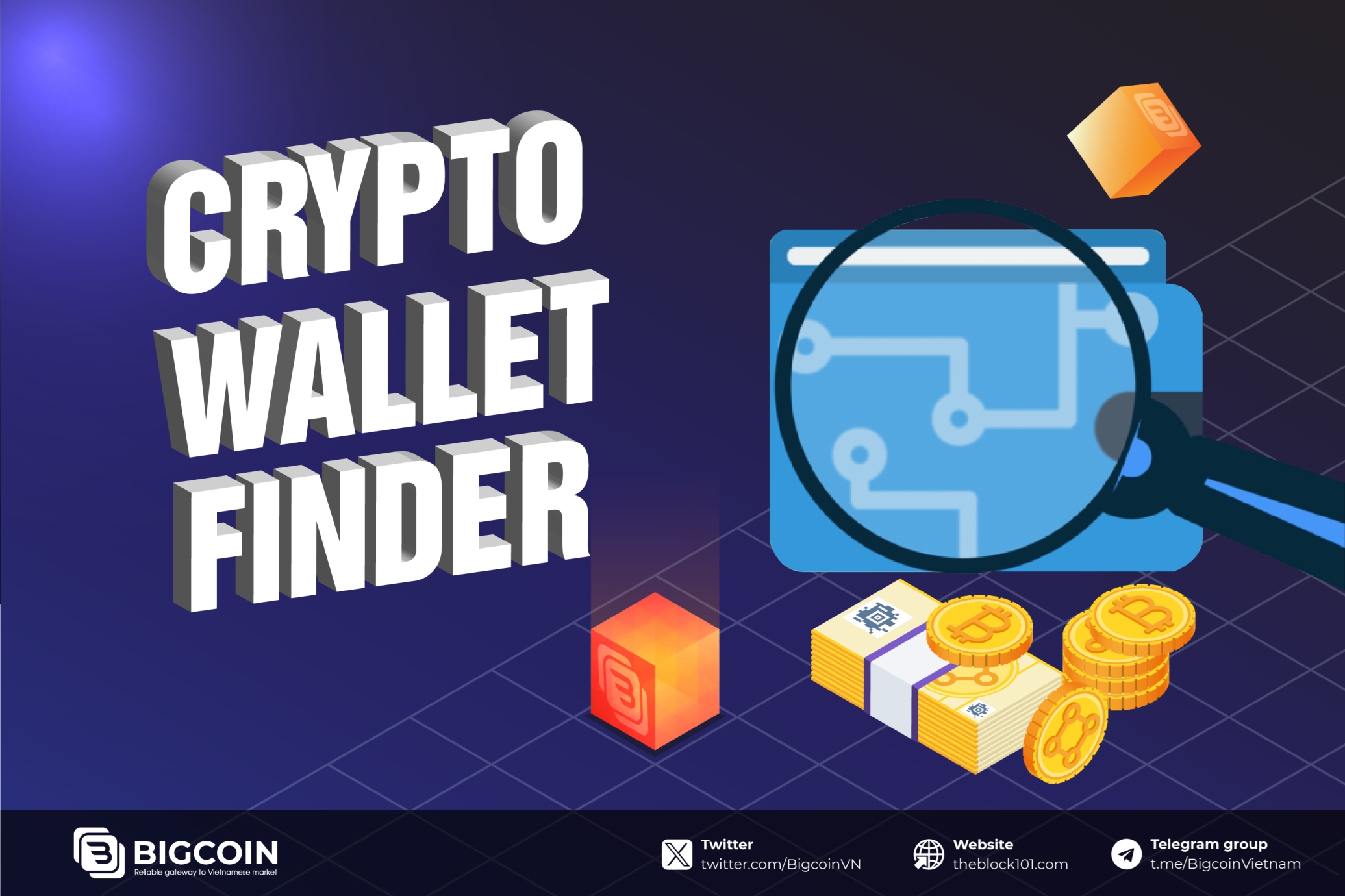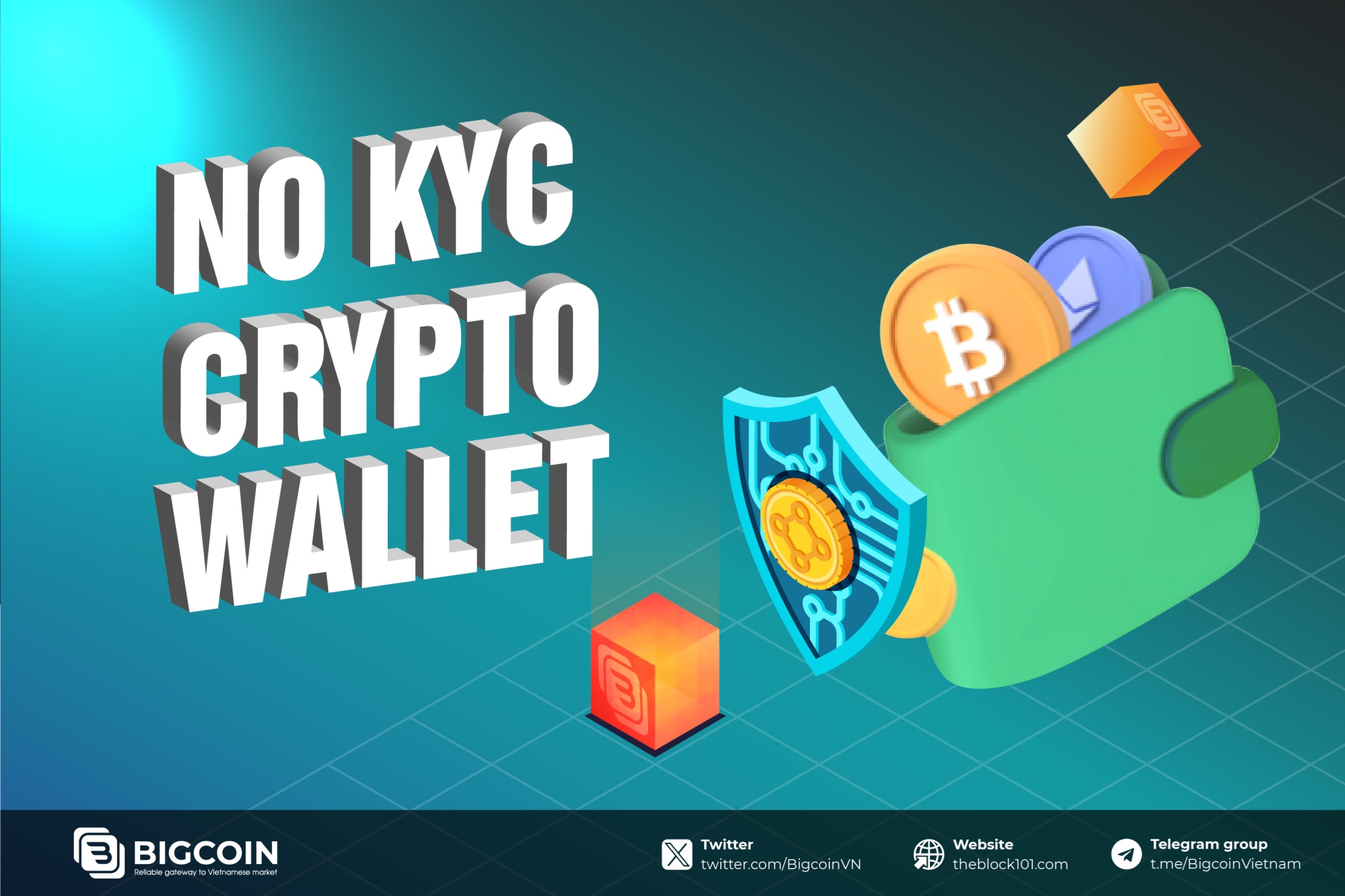1. What is a Private Key?
A Private Key is a randomly generated sequence of numbers or characters that is kept secret.
When you create a new account in MetaMask, for example, it automatically generates a pair of keys: a Public Key and a Private Key.
The Public Key is used to receive funds and is a unique address for your MetaMask account, while the Private Key is a secret string of characters that only the owner knows. It is used to sign transactions and authenticate access to your account.
When you create a new account in MetaMask, it will provide you with the Public Key (wallet address) and ask you to back up your Private Key. The Private Key is usually a long string of numbers and letters, for example:
- Public Key (wallet address): 0xAbCdEf1234567890...
- Private Key: 9a3e1a3c1f1b3d...
Whenever you send a transaction from MetaMask or perform other activities on the Ethereum network, MetaMask will ask you to enter your Private Key to authenticate the transaction or verify access to your account.
It is crucial to keep your Private Key safe and never share it with anyone. Anyone who obtains your Private Key can gain full access to your MetaMask account and can perform transactions within it without your permission.
2. What is a passphrase?
A passphrase is a sequence of words, numbers, and special characters used to protect a private key or other encrypted account. Unlike traditional passwords, passphrases are typically longer and can even be entire sentences or phrases. This combination of characters creates a more robust and harder-to-guess password.
In the context of cryptocurrency wallets like MetaMask, a passphrase (also known as a seed phrase or recovery phrase) is a randomly generated sequence of words that serves as a backup and recovery mechanism for your Ethereum account. It is primarily used to restore your account in case you forget your password or want to set up MetaMask on a new device.
When you create a new account on MetaMask, it will display a passphrase consisting of 12 or 24 randomly generated words. For example:
- Passphrase: apple banana cat dog elephant...
If you are using MetaMask on a computer and want to install MetaMask on a new mobile device, you will need to use this passphrase to restore your account on the new device.
In essence, your passphrase is the digital key to your cryptocurrency kingdom. It’s crucial to store it securely, as anyone who gains access to your passphrase can gain control of your digital assets. Never share your passphrase with anyone.
3. Best Practices for Protecting Private Keys and Passphrases
Protecting your private keys and passphrases is paramount to ensuring the security of your digital assets. These cryptographic keys serve as the ultimate gatekeepers to your cryptocurrency holdings, making their protection a top priority.
Here are some essential steps to safeguard your private keys and passphrases:
3.1. Employ Strong Passwords
Your private keys and passphrases should be protected by robust passwords that are at least 12 characters long and include a combination of uppercase and lowercase letters, numbers, and special characters. Avoid using easily guessable passwords such as "123456" or "password," and refrain from using personal information like your name, birthdate, or username in your passwords.
3.2. Store Private Keys and Passphrases Separately
Never store your private key and passphrase in the same location. Keep them entirely separate and store each part securely. This diversification minimizes the risk of losing both keys simultaneously.
3.3. Never Share Your Keys or Passphrases
Your private keys and passphrases are highly confidential information and should never be shared with anyone. Maintaining the secrecy of these credentials is essential to preventing unauthorized access to your accounts and funds.
3.4. Utilize Encryption Software
If you store your private keys and passphrases on a mobile device or computer, consider using encryption software to protect them. Encryption adds an extra layer of security by scrambling your data, making it unintelligible to unauthorized individuals, even if your device is compromised.
By diligently following these best practices, you can significantly enhance the security of your digital assets and protect yourself from potential losses. Remember, your private keys and passphrases are the keys to your cryptocurrency kingdom. Treat them with the utmost care.
Additional Tips:
- Backup your keys: Create multiple backups of your private keys and passphrases and store them in different, secure locations.
- Use a hardware wallet: A hardware wallet provides an additional layer of security by storing your private keys on a physical device that is not connected to the internet.
- Be wary of phishing attacks: Never enter your private keys or passphrases on suspicious websites or in response to unsolicited emails.
- Stay updated on security best practices: The cryptocurrency landscape is constantly evolving, so it's important to stay informed about the latest security threats and best practices.
By taking these precautions, you can rest assured that your digital assets are well-protected.

 English
English Tiếng Việt
Tiếng Việt
















